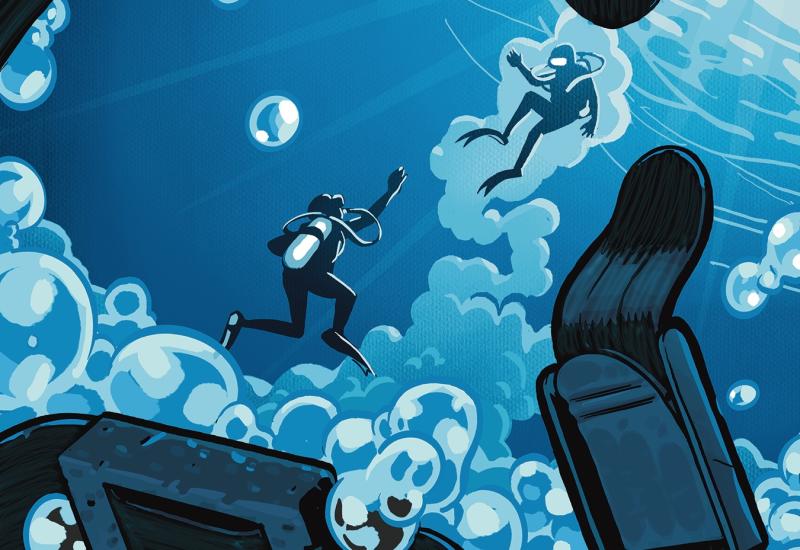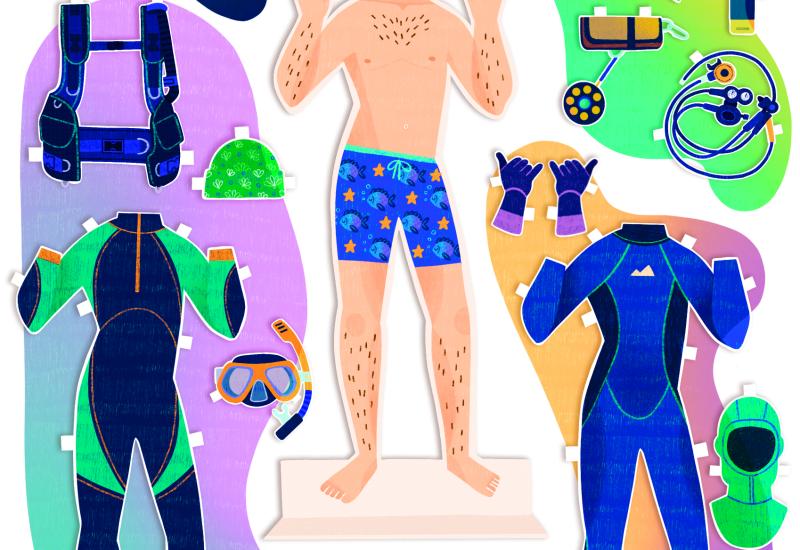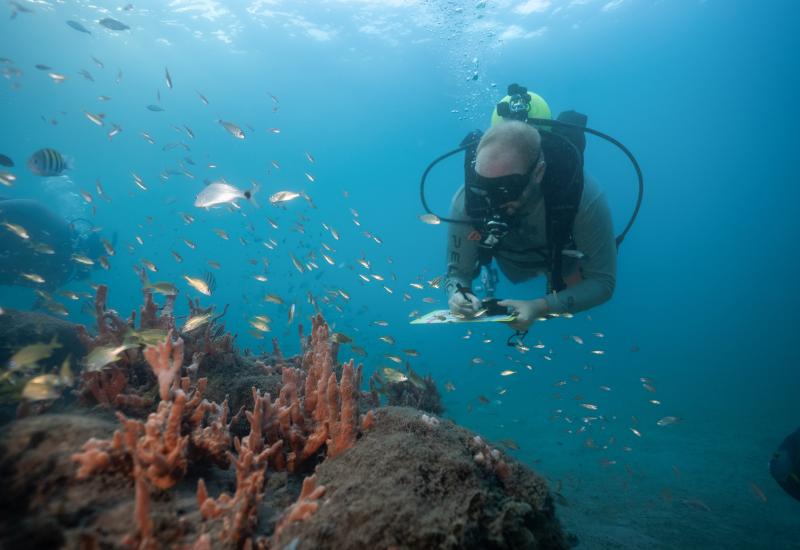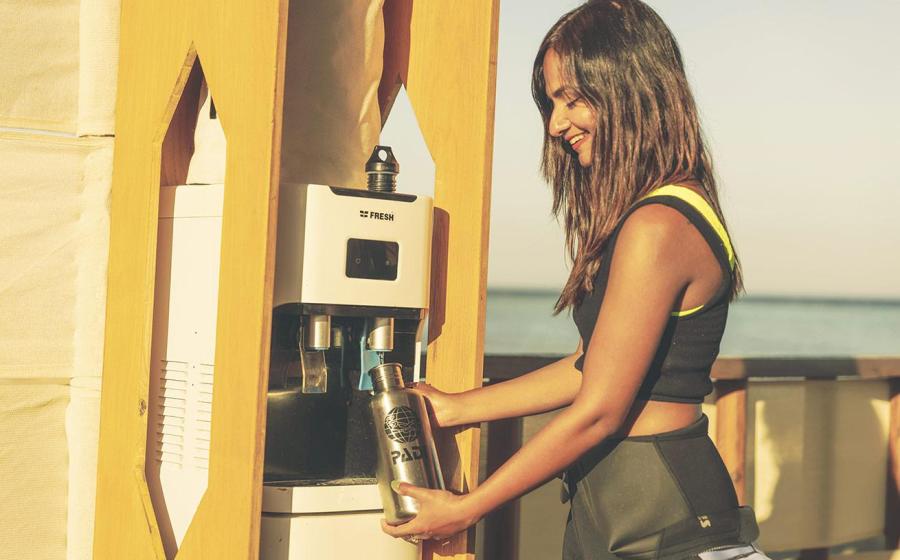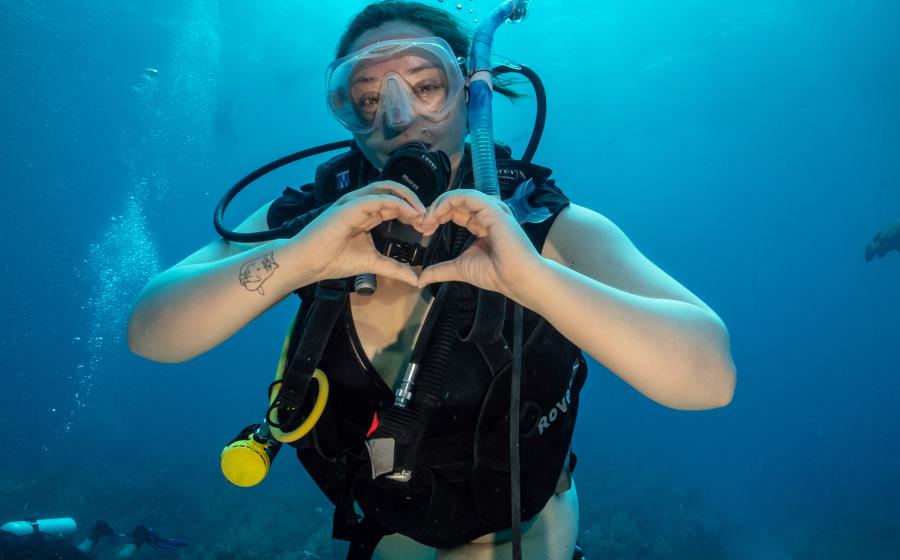Diving Doctor: Anxiety and Diving

ShutterstockScuba diving while medicated...yes or no?
Q: I SOMETIMES EXPERIENCE ANXIETY AND TAKE MEDICATION (FOR EXAMPLE, VALIUM) WHEN IT IS SERIOUS. IS THIS A PROBLEM FOR DIVING?
A: There are two main reasons for a medication to be incompatible with safe diving.
One reason would be if the problem for which the medication is prescribed would make diving a bad idea. The other would be if the medication itself has side effects that would potentially impair the diver. The primary side effect of concern is sedation, which commonly occurs when taking narcotic pain relievers and benzodiazepines (the class of medications that Valium is in). Anxiety disorder is such a broad medical problem that any absolute statement regarding diving would be unwise.
Most people experience some kind of anxiety during their lifetime, but not all cases require treatment. If the anxiety the diver experiences is so incapacitating that performance and decision-making in the water is compromised, obviously the individual should not be diving. If anxiety causes the diver to be distracted or potentially make errors in judgment, the individual should not be diving.
Anti-anxiety medications, such as Valium (diazepam), are all sedating and could cause potential impairment, or at least an altered attention to detail. If the anxiety experienced is limited to specific situations, such as public speaking or meeting new people, medication might not be required prior to diving, so the diver might not experience any impairment.
However, if there is any possibility that the diver might be impaired during the dive, either due to anxiety or the effects of medication, diving is not recommended.
James L. Caruso is a 30-year veteran of the U.S. Navy, serving as ship’s doctor, undersea medical officer and flight surgeon. His experience includes a fellowship in Diving and Hyperbaric Medicine at Duke University Medical Center; today he is Denver’s chief medical examiner.

